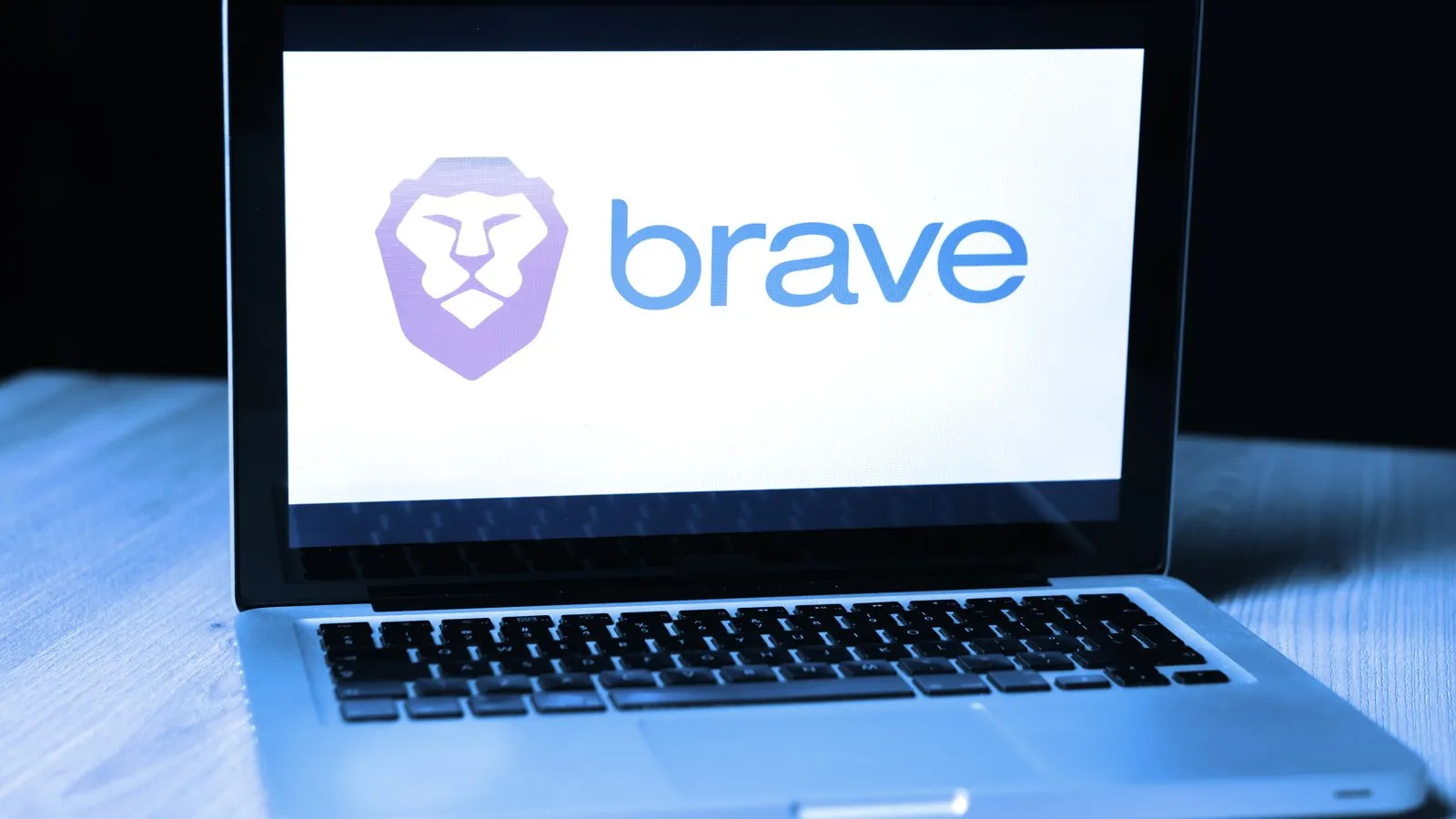In brief
- Privacy-focused software developer Brave has launched its Google-like search project in beta.
- The search engine offers "fully anonymous search", and doesn't collect users' IP addresses or personalize results.
Privacy-focused browser developer Brave has launched its own search engine, the imaginatively named Brave Search. The beta version of the search engine is now available to all Brave users as a search option on desktop, Android, and iOS, and is available for other browsers at search.brave.com.
First announced in March 2021, Brave Search is based on the Tailcat project. Tailcat was developed by the team behind the now-defunct Cliqz search engine and was acquired by Brave earlier this year. The new search engine, the firm promises, will include "no secret methods or algorithms to bias results."
In keeping with the project's privacy-first ethos, the search engine offers "fully anonymous search"—it doesn't collect users' IP addresses or personalize results based on identifying information as Google does. Instead, it uses Tailcat's own independent index of websites, and is built around the philosophy that "the user comes first, not the advertising and data industries."
To that end, the search engine intends to launch an ad-free paid search option alongside its ad-supported free offering.
Future features will include Goggles, a way to filter results according to the user's own preferences, with users able to share their curated ranking models with the community. Brave also plans to make its index available "to power other search engines."
In a statement accompanying the release, CEO Brendan Eich lauded Brave Search as "the industry’s most private search engine, as well as the only independent search engine." Unlike other search engines that either track users or don't offer their own indexes, Eich said, the search engine offers "a new way to get relevant results with a community-powered index, while guaranteeing privacy."
Brave's crypto-powered privacy crusade
Brave Search is the latest in a range of privacy-preserving products from the company, most notably its crypto-powered Brave Browser. The browser offers an alternative model to the ad-driven web, with users earning Basic Attention Tokens (BAT) for opting to view privacy-preserving advertisements.
Since its launch, Brave has built out its offering with mobile apps, an in-browser cryptocurrency wallet, a curated news reader, and a video feed. In February 2021, the firm announced plans to build its own decentralized exchange (DEX) aggregator, which would offer discounts for BAT holders.
However, it's not all been smooth sailing for the browser company. In February 2021, the company revealed that its integrated Tor browser had been leaking private .onion addresses to domain name system providers. While the bug was patched, Brave's VP of IT, Ryan Watson, had previously conceded in a Reddit discussion that "Brave with Tor does not provide the same level of Privacy as the Tor browser, if your life depends on remaining anonymous, use the Tor browser."

